Prince Harry’s book, hard on the heels of the Queen’s funeral, has raised serious questions about the royals and how they are funded, writes Campbell Gunn.
I’m just back from a short break in Paris, which involved a trip to the Palace of Versailles, home of the French royal family immediately before the revolution of 1789.
That event, of course, resulted in the execution of King Louis XVI, his queen Marie Antoinette, and dozens of other members of the nobility, along with hundreds, if not thousands, more individuals considered unsuitable for the new republic.
Many readers will have seen the current television series on Marie Antoinette, which highlights the gulf in living standards between the nobility and the common people of France at the time. It is little wonder that the mob took matters into their own hands as they did.

It was a similar story in Russia in 1917, when the Czar was overthrown. Members of the Romanov dynasty were simply unaware of the unhappiness, poverty and starvation of their own people, and paid the ultimate price. In Germany, the Kaiser was overthrown in the economic chaos and crisis which followed the country’s defeat in the Great War.
Today, in the United Kingdom, we are hardly facing crises of those magnitudes, and I am not advocating taking similar actions to France or Russia. However, ordinary folk up and down the country are facing real challenges, with spiralling food prices, rocketing energy costs, and inflation. Meanwhile, our royal family appears to be acting out episodes of a television soap opera.
Royal popularity seems to be dwindling
Prince Harry’s memoir shows that the House of Windsor, far from being a shining example as the first family of the nation, are just like the rest of us (if not worse) in their petty squabbles, fights, jealousies, and back-stabbing, while existing in privileged, taxpayer-funded luxury.
What, though, is the alternative? I have to confess that I’ve always been a republican, and can see no place for a royal family in a modern democracy. But, I am also keenly aware of the political danger for any party which espouses getting rid of the royals.
That is, no doubt, why the SNP has always maintained that an independent Scotland would retain the monarch as head of state, presumably because there are still many Scots who feel a loyalty to the royal family – though that may well change, with the passing of the Queen and the expensive flummery we expect from the upcoming coronation.
Polling on the issue throws up some interesting statistics. Last month, a YouGov survey found UK-wide support for the monarchy at 60%. However, that figure fell to just 50% in Scotland.
The breakdown of the age profile showed that, while older people are overwhelmingly supportive, the figure falls rapidly through the age ranges. Among under-24s, across the UK, only 36% were in favour of keeping the monarchy.
Presumably, in Scotland, that figure will be even lower. And this polling was carried out before the revelations in Prince Harry’s book, which will have undoubtedly damaged the institution even further.
Expect a serious slimming-down of the royal family
The book, coming hard on the heels of the funeral of the Queen, has raised serious questions about the royals and how they are funded. The accession of Charles III, I expect, will result in a serious slimming-down of the royal family, and a hard look at which of them are considered “necessary” members on the public payroll.
A smaller, modern royal family along the lines of Denmark would likely be acceptable to most people
Will that be sufficient to appease the rumblings of discontent in the general public? Probably.
A smaller, modern royal family along the lines of Denmark would likely be acceptable to most people. Otherwise, we’re in the realms of an elected president, which, in UK terms, would mean a huge constitutional overhaul of the entire political system.
An independent Scotland, of course, could simply set up a presidential system as part of the establishment of a new nation, as happened in Ireland last century.
No matter which political options are taken, there is little doubt that the British royal family is going to have to change in the coming years, if not months. Those in charge must know that if the current system doesn’t bend, it will break.
In Versailles, there’s a secret door in Marie Antoinette’s bedroom, through which she escaped – temporarily at least – as the Paris mob stormed the palace. I’m sure there are times, most recently as Harry revealed he has enough material for a second book, when King Charles must have wished he had a similar bolthole through which he could escape the problems currently piling up in his inbox on an almost daily basis.
Campbell Gunn is a retired political editor who served as special adviser to two first ministers of Scotland, and a Munro compleatist
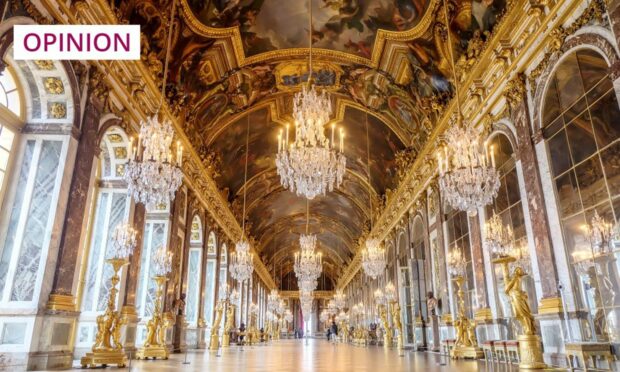

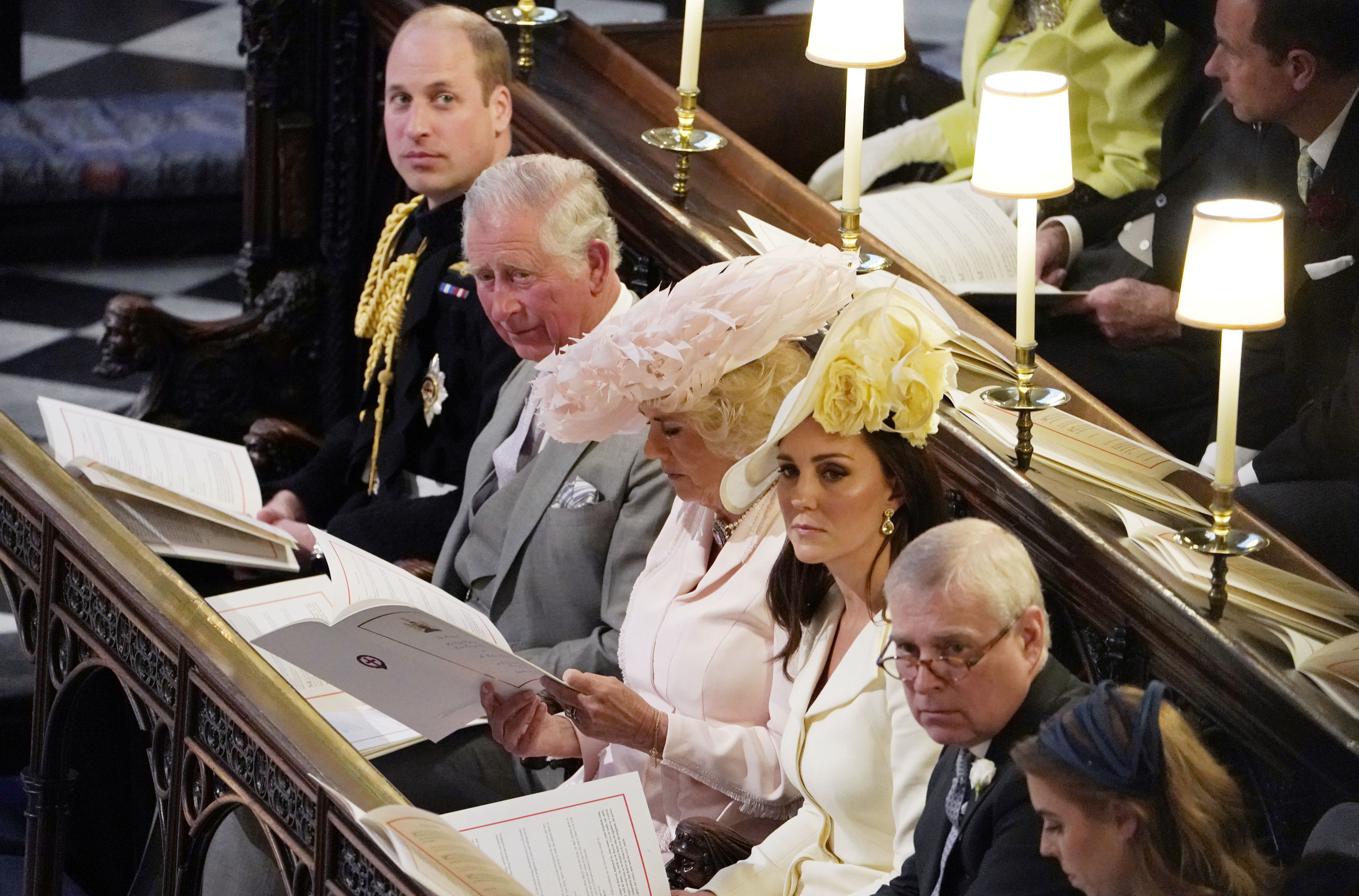
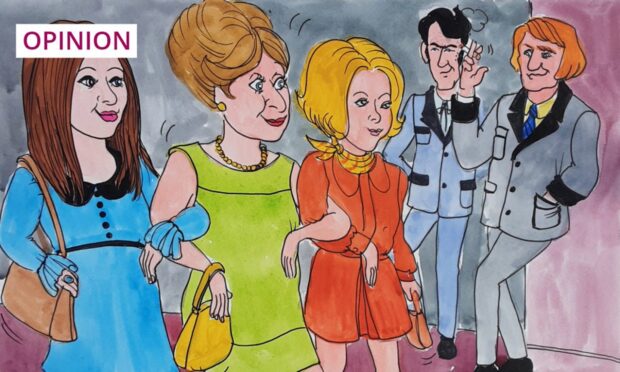
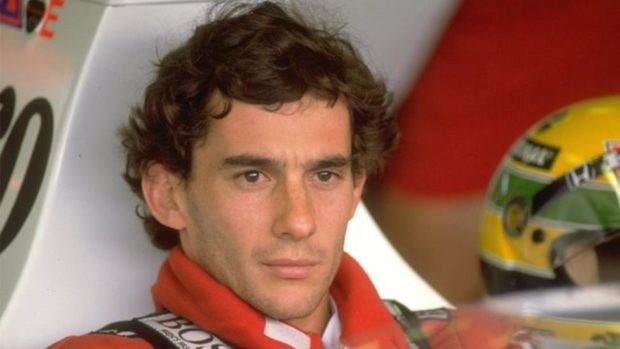
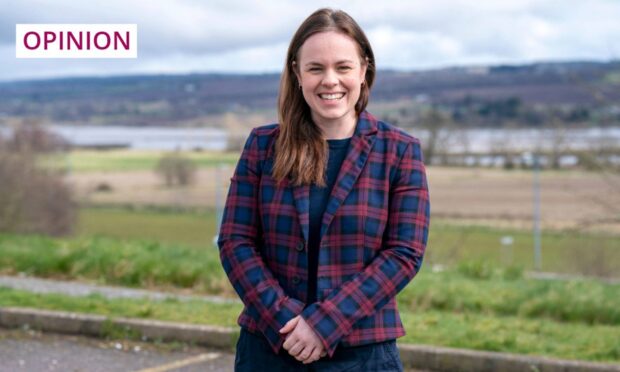
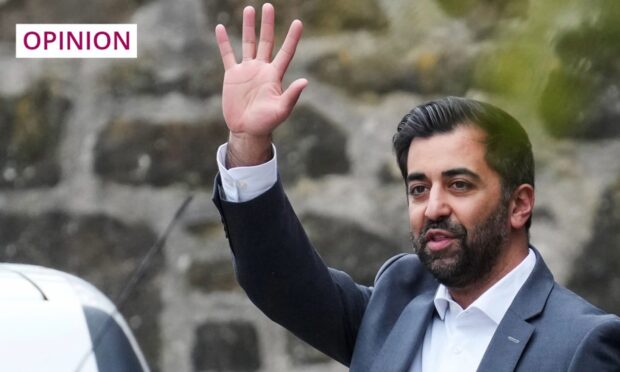
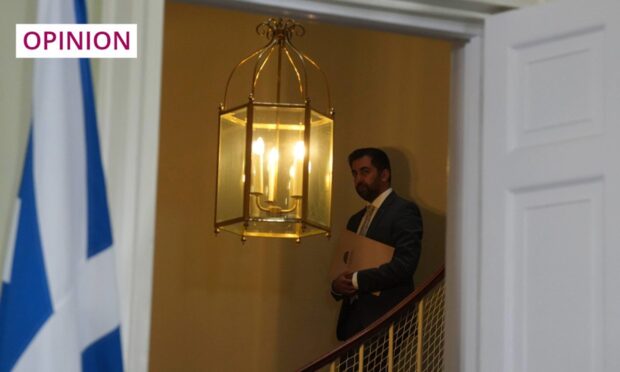





Conversation